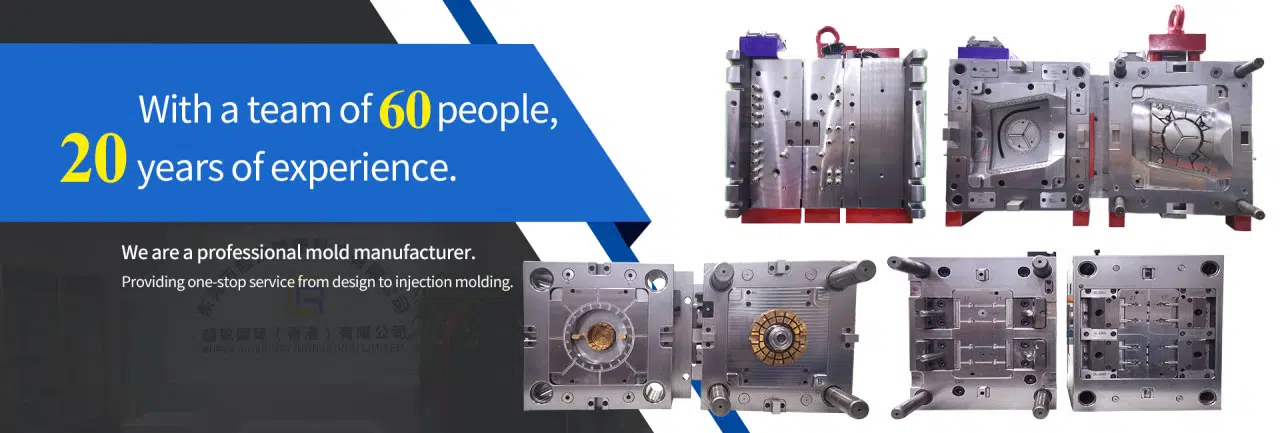IATF 16949 Automotive Quality Management System Certification Requirements

。
# IATF 16949 Automotive Quality Management System Certification Requirements
## Introduction to IATF 16949
The IATF 16949 standard is a globally recognized quality management system specifically designed for the automotive industry. Developed by the International Automotive Task Force (IATF), this standard builds upon the ISO 9001 framework while adding automotive-specific requirements to ensure consistent product quality and customer satisfaction throughout the supply chain.
## Key Requirements of IATF 16949 Certification
### 1. Process Approach and Risk-Based Thinking
IATF 16949 emphasizes a process-oriented approach to quality management, requiring organizations to:
– Identify and document all key processes
– Establish clear process interactions
– Implement risk-based thinking throughout operations
– Develop contingency plans for potential disruptions
### 2. Customer-Specific Requirements
Automotive manufacturers must:
– Identify and document all customer-specific requirements
– Ensure these requirements are communicated throughout the organization
– Demonstrate compliance with customer expectations
– Maintain records of customer approvals and waivers
### 3. Product Safety and Traceability
The standard mandates strict controls for:
– Identification and control of safety-related characteristics
– Full product traceability throughout the supply chain
– Rapid response to safety-related incidents
– Documentation of material composition and origin
## Implementation Challenges
Organizations pursuing IATF 16949 certification often face several hurdles:
– Resource allocation for documentation and training
– Integration with existing quality systems
– Supplier qualification and monitoring
– Maintaining compliance during product changes
– Managing customer-specific requirements across multiple OEMs
## Benefits of Certification
Despite the challenges, IATF 16949 certification offers significant advantages:
– Improved product quality and consistency
– Enhanced customer satisfaction and trust
– Reduced waste and operational costs
– Stronger supplier relationships
– Competitive advantage in the automotive market
– Global recognition of quality management capabilities
## Maintaining Certification
Keyword: IATF 16949
Once achieved, maintaining IATF 16949 certification requires:
– Annual surveillance audits by certified bodies
– Full re-certification every three years
– Continuous monitoring of process performance
– Regular management reviews
– Ongoing employee training and competency development
– Timely implementation of corrective actions
## Conclusion
IATF 16949 certification represents a significant commitment to quality excellence in the automotive industry. By meeting these rigorous requirements, organizations demonstrate their ability to consistently deliver high-quality products while continuously improving their processes. As automotive technologies evolve and customer expectations rise, IATF 16949 provides a robust framework for quality management that helps companies stay competitive in this demanding sector.
Categories: News